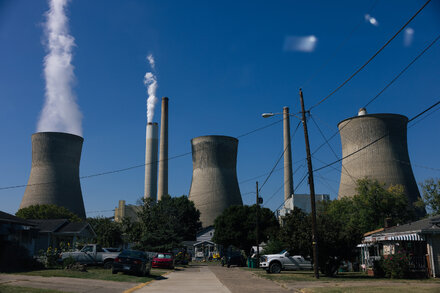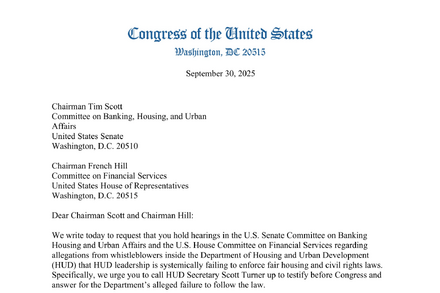
Former President Donald Trump has consistently voiced his intent to revive the American coal industry, a stance rooted in a multi-faceted approach encompassing economic, energy independence, and political considerations. His administration previously pursued policies aimed at deregulation and support for the fossil fuel sector, particularly coal, aligning with campaign promises made to communities traditionally reliant on coal mining.
One primary driver behind Trump’s desire to bolster coal is the argument for job creation and economic revitalization in specific regions. States like West Virginia, Pennsylvania, and Kentucky, which have historically been major coal producers, have experienced significant job losses in the sector due to market shifts, environmental regulations, and competition from cheaper natural gas and renewable energy sources. Trump has often framed his support for coal as a direct effort to restore these jobs and bring prosperity back to these communities.
“We are going to end the war on coal. We are going to put our beautiful coal miners back to work,” Trump has stated on numerous occasions, emphasizing his commitment to the industry and its workforce.
Beyond employment, energy independence and security also feature prominently in his rationale. Proponents of coal argue that maintaining a diverse energy portfolio, including robust domestic coal production, is crucial for national security, ensuring a stable and reliable energy supply regardless of global geopolitical fluctuations. From this perspective, reducing reliance on foreign energy sources and promoting domestic industries like coal contributes to a stronger, more self-sufficient nation.
A significant aspect of Trump’s approach involves rolling back what he views as burdensome environmental regulations that have hindered the coal industry. During his previous term, his administration withdrew from the Paris Agreement and moved to repeal or weaken various environmental protections, including the Clean Power Plan, which aimed to limit carbon emissions from power plants. His argument is that these regulations placed an unfair economic burden on coal companies, making them uncompetitive.
“The regulations that have been put on our energy companies are an absolute disgrace. We’re getting rid of them. We’re bringing back clean, beautiful coal,” he has asserted, signaling a clear intent to prioritize economic activity over certain environmental mandates.
Politically, the push to revive coal resonates strongly with a segment of his base, particularly in coal-producing states. His rhetoric often taps into a narrative of fighting against overreaching government intervention and championing traditional American industries. This message has historically garnered significant support from blue-collar workers and communities feeling left behind by economic and environmental policy shifts.
Despite market trends showing a global decline in coal consumption and a shift towards cleaner energy sources, Trump’s consistent advocacy for the industry underscores a strategic blend of economic nationalism, energy policy, and political appeal aimed at upholding specific sectors and communities he believes have been unfairly targeted.
Source: Read the original article here.





